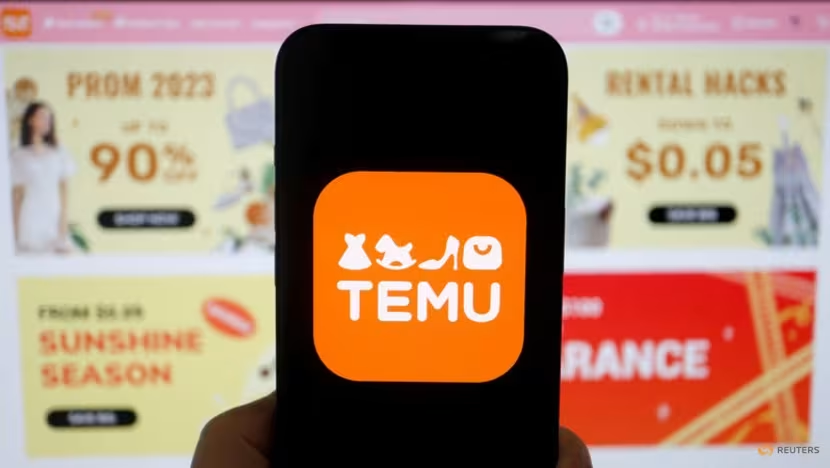About half a year ago, we commented about Shuidi, a Chinese insuretech company that had just raised US$145 million series C.
Shuidi business model was summarised in three steps:
- Online crowd funding for patients who could not afford medical bills. People can contribute to the crowd funding effort – enabled by swift and painless WeChat payment and wechat log-in. Inevitably these people are acquired as users of the platform.
- Individuals who feel insecure about their insurance coverage can opt to enrol into a scheme where each one contributes a small amount to get some coverage – the “mutual insurance”. You also feel good that you are helping others rather than paying the huge overhead and channel costs of commercial insurance. You might even ask your friends, family and colleagues to join – which means the platform will acquire customers at almost zero cost.
- A portion of these consumers will be offered commercial insurance, underwritten by licensed insurance companies. The commission they earn from that is lucrative – as insurance companies had traditionally relied on agents and banks as distribution channels, which were far more costlier.
One of the rare tech growth stories in China this year.
Controversies
However, recently there has been a lot of doubt about Shuidi, centred around two issues:
- It is discovered (by media, finally) that Shuidi is actually sending offline team to acquire crowd-funding patients in hospital. Some public opinion quickly turned into criticising Shuidi for exploiting people’s ‘good heart”
- It is discovered (again, by media) that Shuidi has been spending a lot of marketing dollars acquiring customers outside its captive audience. The criticism is “If you claim to have such good customers, why would you still need to spend money with others”
When you can
Honestly, we find both criticisms unfounded and weak.
First, there is no problem acquiring additional sources for crowd funding – as long as they are legitimate. The challenge (and potential problem) here is how the offline promotions teams are managed, not their existence. In fact, Shuidi has been doing that since the beginning – the fact that it is only discovered after a few years probably says that the company is controlling it well.
Second, you should always spend marketing dollars to acquire additional customers WHEN YOU CAN (not when you desperately need). For the same reason, startups are better to raise money WHEN THEY CAN, instead of when they need.
The bigger question is – can Shuidi manage to sell large ticket, more lucrative life policies en masse. In other markets it has proven to be hard – people still need human advisors for such multi-year (sometimes multi-decade), large ticket commitments.

—
Thanks for reading The Low Down (TLD), the blog by the team at Momentum Works. Got a different perspective or have a burning opinion to share? Let us know at [email protected].








![[Press Release] Southeast Asia’s food delivery spend reached US$17.1B with Vietnam achieving the highest growth](https://i0.wp.com/thelowdown.momentum.asia/wp-content/uploads/2024/01/Food-delivery-platforms-in-Southeast-Asia-2024-_MW_Jan-2024-2.jpg?resize=218%2C150&ssl=1)


![[New Report] Food delivery platforms in Southeast Asia (SEA) 4.0](https://i0.wp.com/thelowdown.momentum.asia/wp-content/uploads/2024/01/Food-delivery-platforms-in-Southeast-Asia-2024-_MW_Jan-2024-2.jpg?resize=100%2C70&ssl=1)
![[New report] Southeast Asia spends US$3.4 billion on modern coffee in 2023](https://i0.wp.com/thelowdown.momentum.asia/wp-content/uploads/2023/11/Coffee-in-Southeast-Asia_MW_Nov-2023-1.png?resize=100%2C70&ssl=1)
![[New report] Apples to Apples 3.0: Benchmarking major tech platforms – what’s next after achieving profitability?](https://i0.wp.com/thelowdown.momentum.asia/wp-content/uploads/2023/09/Apples-to-Apples-3.0_benchmarking-major-tech-platforms_whats-next-after-profitability_MW_Sept-2023-7.jpg?resize=100%2C70&ssl=1)






